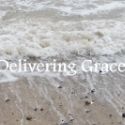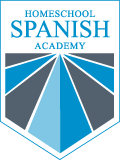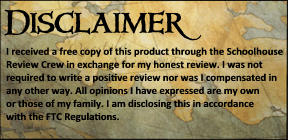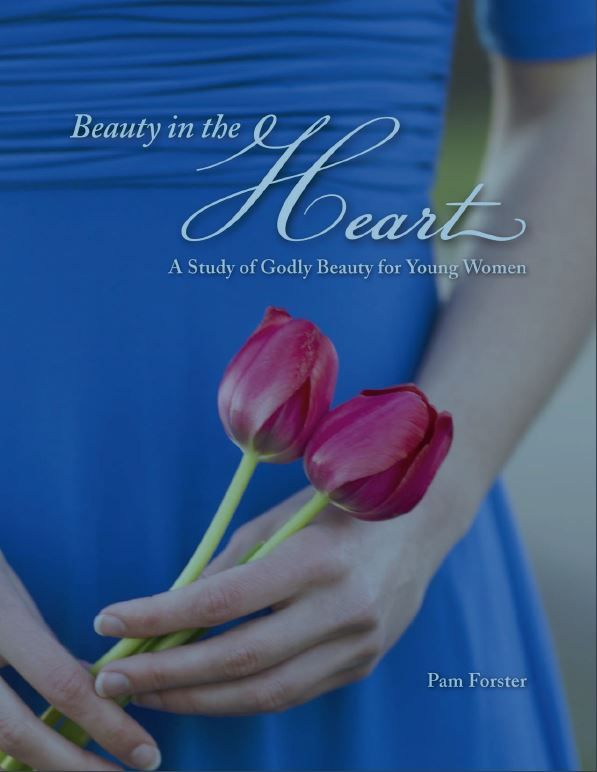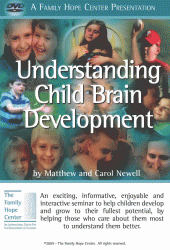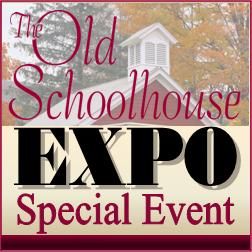I was keen to make sure that my six year old didn't completely miss reading practice through the summer so the opportunity to review
Reading Kingdom was opportune.

Reading Kingdom is an on-line reading programme created by Marion Blank who is Director of the Light on Learning programme at Columbia University. Dr Blank's programme is not a phonics programme or a whole language programme but incorporates work on sequencing, motor skills, sounds, meaning, grammar and comprehension.
The programme starts with a skills survey, mainly based around key board skills. I made a mistake with this as I thought it might be easier for Younger Daughter to use a keyboard on the screen. This was a silly mistake as she has never used an on screen keyboard but is used to using the laptop keyboard. She managed to go through the first part of the assessment: seeing sequences

but was placed on Letterland.
Letterland is not about learning the letters but keyboarding skills. Once Younger Daughter started this, it became obvious that this was rather easy for her, especially. when she used a physical keyboard.

Once I e-mailed Reading Kingdom, she was moved onto the reading skills survey. After the skills survey, the child moves onto the appropriate Reading and Writing level.
In the Reading and Writing secton there are five levels. In the earlier sections which we used, the child learns words such as here and bird. There seem to be four ways to re-enforce each word including writing it, selecting which letters and spaces could be used to make the word and picking out the word in a paragraph.
Once a child completes a word correctly there is the sound of clapping and the child receives points to open a passport. When the words are learnt, the child has a lesson with a reading book using these words.
Each session takes up to 20 minutes but often less. My daughter frequently did two sessions per day. Reading Kingdom is intended to be used for four sessions a week. It has five reading levels and states that a child who completes level 5 would be able to read at the level of a third grader (year 4). Under the log-in screen is a section which shows a child's progress and performance at that level.
Reading Kingdom is designed for children from age 4 to 10. There is a helpful
readiness guide for younger children.
What we liked about the programme:
- the repetition has been helpful for this particular child. Some of my other children would have found this frustrating.
- work on irregular words as well as the more usual work on regular phonetic words. There often seems to be a complete lesson around one word which has been very helpful with tricky words.
- clear graphics
What we didn't like:
- This is an American programme and the language isn't quite the same. For example, my daughter was confused when she was asked to write "uh" for "a" which we pronouce as "ay". Similarly, punctuating with a "period" was confusing; we use the term "full stop". The keyboard is also slightly different to one set up for the UK.
- There didn't seem to be any opportunity to correct mistakes such as accidentally hitting an incorrect key. The programme customises according to mistakes and then includes extra repetition. My daughter was frustrated when she was unable to correct mistakes and then had extra practice.
- My most major concern is around lack of phonics. Whilst the programme supposedly uses some phonics; this didn't seem obvious. Words were taught individually and not as group members so "bird" was taught as "bird" not as a member of the group of words containing "ir" such as fir, birth and stir. Similarly, "eat" was taught as an individual word not as one of a group of words containing "ea". This added unnecessary steps for a child who has found reading difficult.
Reading Kingdom is available for $19.99 (£12.90) per month or $199.99 (£129.01) for an annual subscription. Extra readers can be added at about half price; $9.99 per month and $99.99 per year. Reading Kingdom also offers a 30 day free trial.

 The other people taking part are
The other people taking part are The other people taking part are
The other people taking part are








